I previously wrote about Dear Sister being one female-centric show in recent years that has really risen above the rest in terms of careful storytelling and well-written characters. It’s not that it’s incredibly groundbreaking, but it makes small changes to make characters more believable, and dare I say, more relatable.
So for a while I’ve been thinking of writing a more in-depth series where I write about what I most love about the show.
First let’s start with how the show handled Misaki’s pregnancy. How can you encourage people to value human life and hopefully prevent a greying population? It has nothing to do with shaming people for their lifestyle choices (women being the main victims of such arguments) or awkwardly slotting in research data in the drama. It has everything to do with showing that human life is to be celebrated, a burden that can also bring happiness.

In light of this, these are four ways in which I think Dear Sister dealt with unwed pregnancy well.
1) Misaki was not slut-shamed
One of the most amazing things about this show, to me, was how Misaki’s family reacted her being pregnant. Sure, Hazuki couldn’t stand the way Misaki would get with countless men and not get her life together in the way she herself (supposedly) had. But this was only early in the show. She didn’t nag or say anything demeaning to Misaki when she found out that Misaki was pregnant. She was mostly hurt that she didn’t hear it from her sister herself. Other than that, she was elated to find out that she was going to get a niece or nephew.
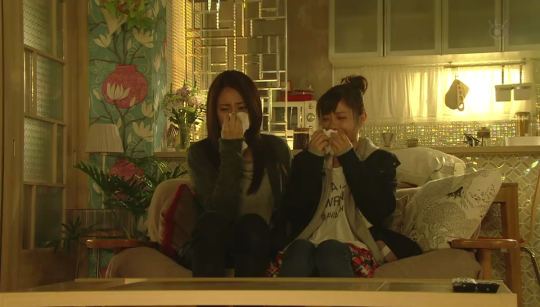
There was no huge tirade that I so often see on Asian dramas along the lines of “You’re such a disgrace to the family!” or, “How could you be so careless and irresponsible and get yourself pregnant!”
I couldn’t help thinking that this is the family support system that would be good for unwed/single mothers to have.
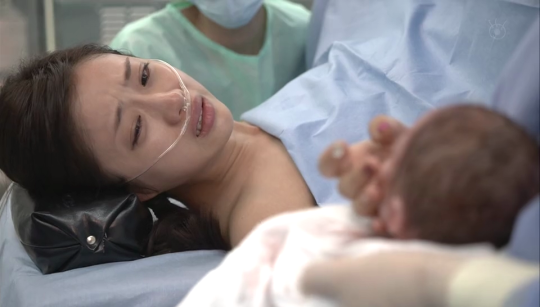
Also, while it was just a tad unrealistic, Misaki’s enemies in the hostess bar also congratulate her when they see her visibly pregnant. They acknowledge the fact that she doesn’t have to be alone, and that was a nice moment where life is not only seen as precious, but was great because it didn’t lead to more gossip and bad mouthing – another drama staple. You know – “Oh my god have you heard, that slut’s pregnant!”, “Whose child is it?” or, “I don’t know but…” – that sort of thing.
2) Misaki was determined to keep the baby
Throughout the show we start to see how creative Misaki is in terms of making and saving money. I know this is a rather controversial subject and people have differing opinions, but personally I thought that Misaki not resorting to abortion because she wasn’t financially stable, or married, or had a roof over her head, sent an empowering message. Her child was the catalyst for her to start making more responsible decisions.
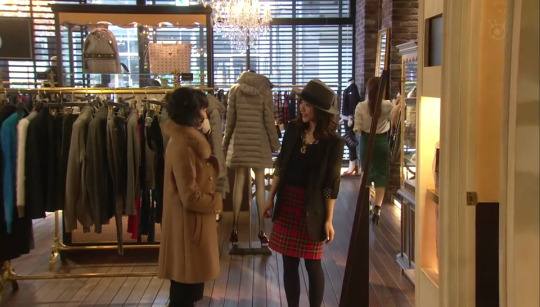
This by no means meant that Misaki became a model citizen. However, it showed how bearing a child informs the woman as a person in ways that can be positive. It also showed that women are strong even when they make decisions that might not be considered ‘world-changing’. By deciding to keep the baby, by quitting alcohol in a pressurising environment…Misaki showed her strength and determination as a person.
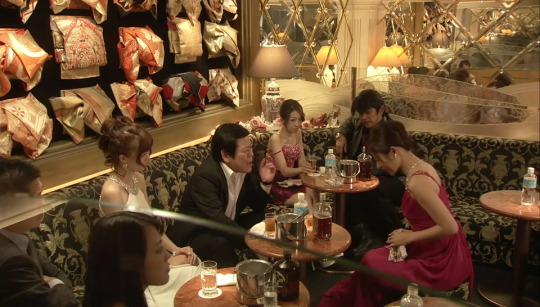
3) Misaki didn’t feel the need to marry to raise her child
Sure Misaki does end up marrying Eito at the end of the series, but the series makes it very clear that it wasn’t because she needed him in order to bring up the baby. In fact, Eito was just one person in her support system that she could reach out to if she needed it. I think this is important because this show’s stand is clear. You don’t end up in a marriage that is linked together only by guilt or duty (though duty is a part of marriage). That is not a healthy response to the situation. Instead, having a child and marriage as an entity are both respected for their own worth.
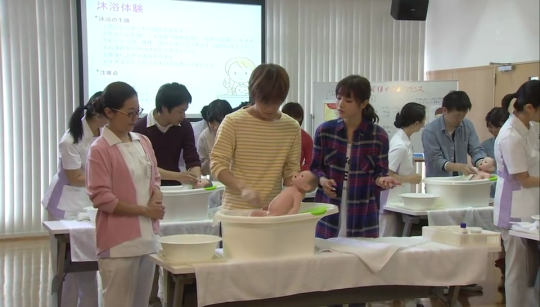
Marriage between two loving persons is a good thing. But marriage simply because you can’t bring up a child otherwise is not a very empowering message. If anyone has watched Shitsuren Chocolatier you would know that this was the kind of unhealthy message that was sent out when Saeko went back to her abusive husband after finding out she was pregnant. Though it was made to seem like he repented of his ways, I find it highly disturbing that they would show a female character making such a dangerous decision. I’m glad Dear Sisterdidn’t go down that road, even though I have to say, Misaki’s baby daddy Soichiro isn’t nearly as bad as that abusive husband in Shitsuren Chocolatier.
4) Misaki had a support system to rely on
It takes a village to raise a child, and Dear Sister is a show which shows Misaki being surrounded by a village. Her mum, her sister, Yohei, Yohei’s sister…All these are people who take care of Misaki and who Misaki can turn to.
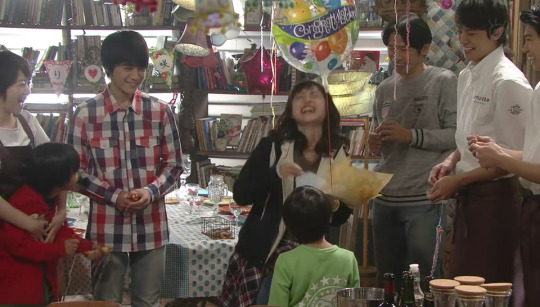
Without shoving it down my throat the show sent an important message. Women can help women. Men can help women, without needing a romantic or sexual relationship in return.
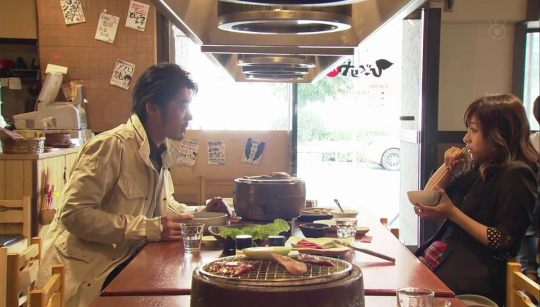
With empathy and kindness one can have the strength and opportunity to follow through with life decisions.
I only saw bits of Dear Sister, but did like that Misaki had a solid support system. It’s a rare drama that doesn’t shame a woman in some way or another for her shortcomings or things that may have happened beyond her control.
LikeLike
Hopefully it’s a sign for better female representation in Jdramas…but I wouldn’t set my expectations too high.
LikeLike